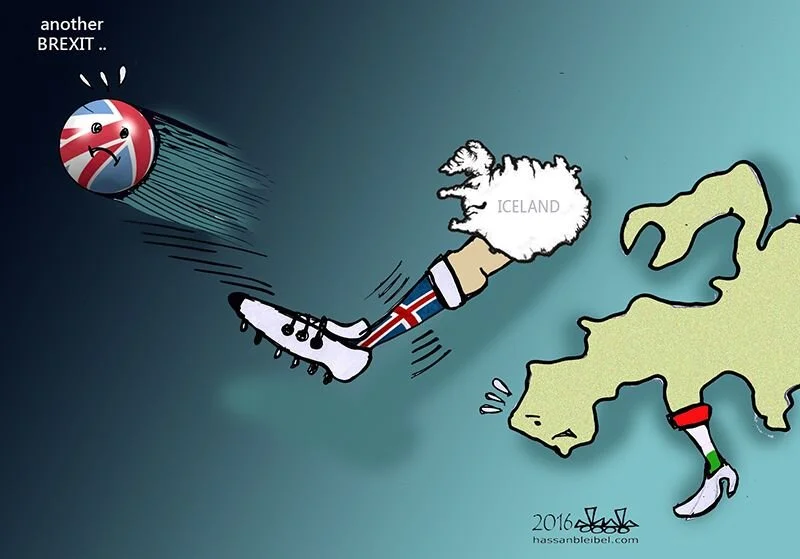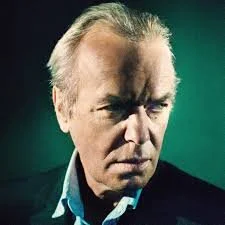Not-belonging: David Bowie (1947-2016)
Jan 11, 2016
LEGENDARY musician David Bowie has died at the age of 69 after a “courageous battle” with cancer, which had apparently been kept secret from all but his closest family and friends. That’s how it should be, but it heightens the shock for distant admirers like myself, especially when he had just released his final studio album last week. For an hour or so, my first instinct is to check whether the obituaries piling up in cyberspace are all some sort of hoax or mistake.
In one of her essays about dying published last year, the stricken novelist Jenny Diski (lung cancer, fibrosis) imagines a race to the end by writers who have publicly announced their forthcoming death, including herself, Clive James, Iain Banks, Oliver Sacks and Henning Mankell. “Doubtless there are writers or public figures who have recently been diagnosed with cancer and have chosen not to mention it,” she writes.
Indeed there were. Bowie, the tribute-givers are now writing, went out on his own terms, completely in control of his own privacy and his own story.
It has helped to learn that in the last few months of his life, the obsessively private Bowie managed (a) to tell a friend that he believed he could hang on long enough to complete yet another album, (b) to tell another friend that he was optimistic that a new combination of medications could keep him going until they found a cure, and (c) to take his wife and daughter back to London, and to his childhood haunts, without even being recognised. I liked the idea that he was still thinking about survival. In public, at least, he was still hoping.
I sit here listening to the remarkable 1971 album Hunky Dory. Amid all the fey, hermaphroditic weirdness is Kooks, a gorgeous little song written for his son, Duncan Jones, and featuring these words:
And if you ever have to go to school,
Remember how they messed up this old fool.
Bowie was a glorious talent. There was a sinuousness and precision to his lyricism, even though his lines sometimes erred towards the pretentious. I read about Bowie in Berlin in 1978, reading Nietzsche with his long-suffering assistant as he tried to shake himself free of his addictions. Still, he wrote songs that appealed to underdogs and eccentrics, including All the Madmen, which served to embody my own misfit teenage angst. His biographer Paul Trynka describes his breakthrough appearance on Top of the Pops, as the ethereal and pansexual Ziggy Stardust singing Starman, as “a spectacle of not-belonging”.
Still, Trynka also suggests Bowie took a hammer to the notion of authenticity in “rock ’n' roll”. He was the first postmodern popstar. He was all persona and surface. He glided from one genre to another, even one sexual identity to another.
“Was David Bowie truly an outsider? Or was he a showbiz pro, exploiting outsiders like a psychic vampire? Was he really a starman, or was it all cheap music-hall tinsel and glitter? Was he gay or was it all a mask? There was evidence aplenty for both.” Ziggy Pop, apparently, thought of him as a calculating businessman and “the very antithesis of instinctive rock ’n’ roll heroes like Elvis Presley.”
Is that a problem, given that the “authentic” Elvis ended his career as a bloated jumpsuited buffoon reprising twenty-year old hits in the ersatz surroundings of Las Vegas while Bowie thrived in a multitude of guises? Well, the biographer goes on: “In subsequent years there have been many accounts, either of a flint-hearted rip-off merchant, or a natural-born genius with some minor character flaws.” I don’t know about the minor character flaws, but “natural-born genius” seems sufficient to me.
There will be time for more considered reflection on Bowie’s remarkable career, but in the immediate aftermath of his death, Suzanne Moore’s eulogy in The Guardian sums up my feelings more than any of this: “I never grew out of Bowie. He was never past. Always present.”







